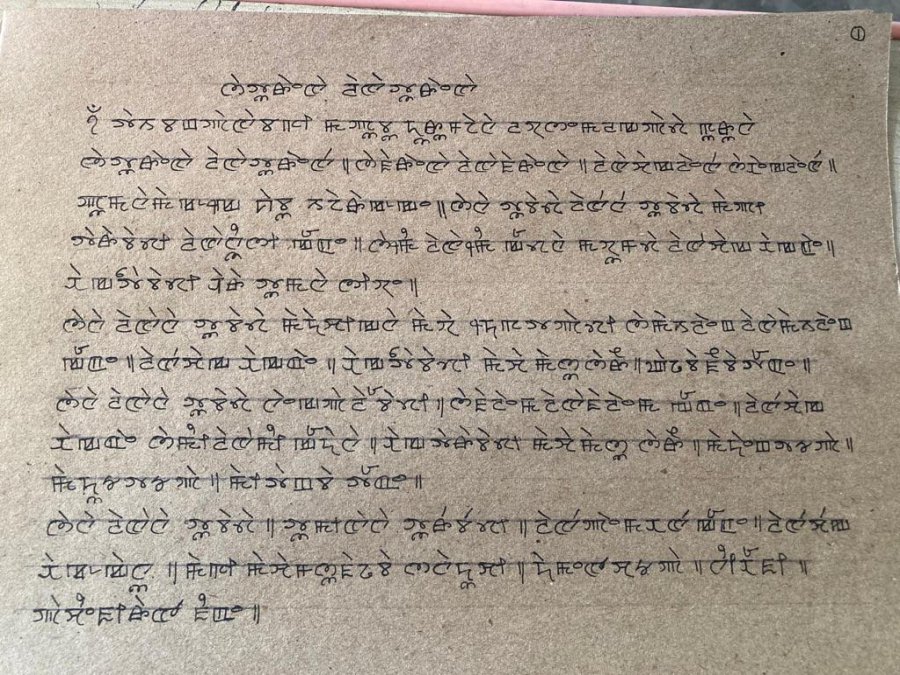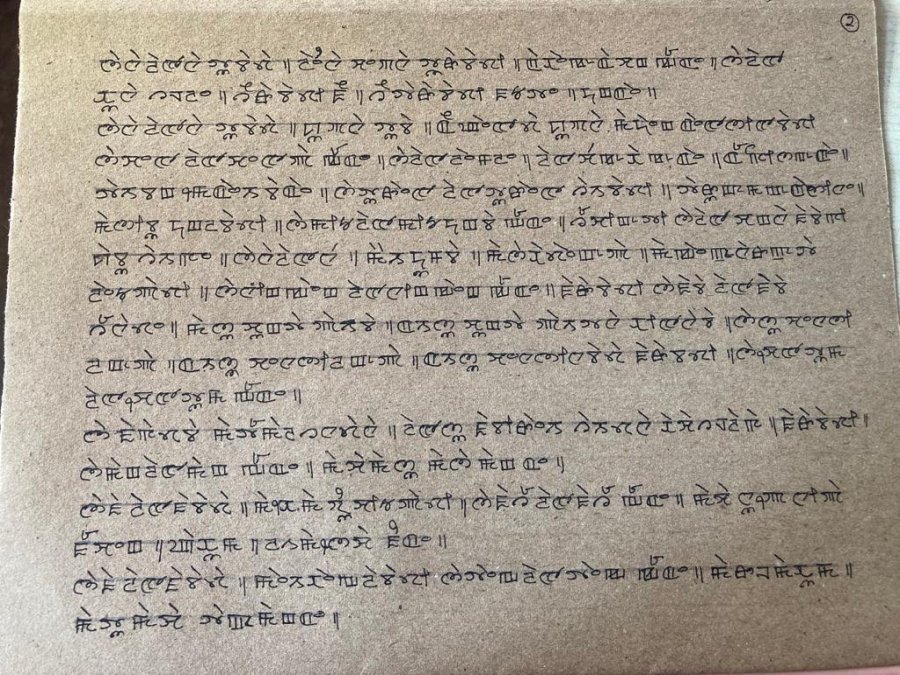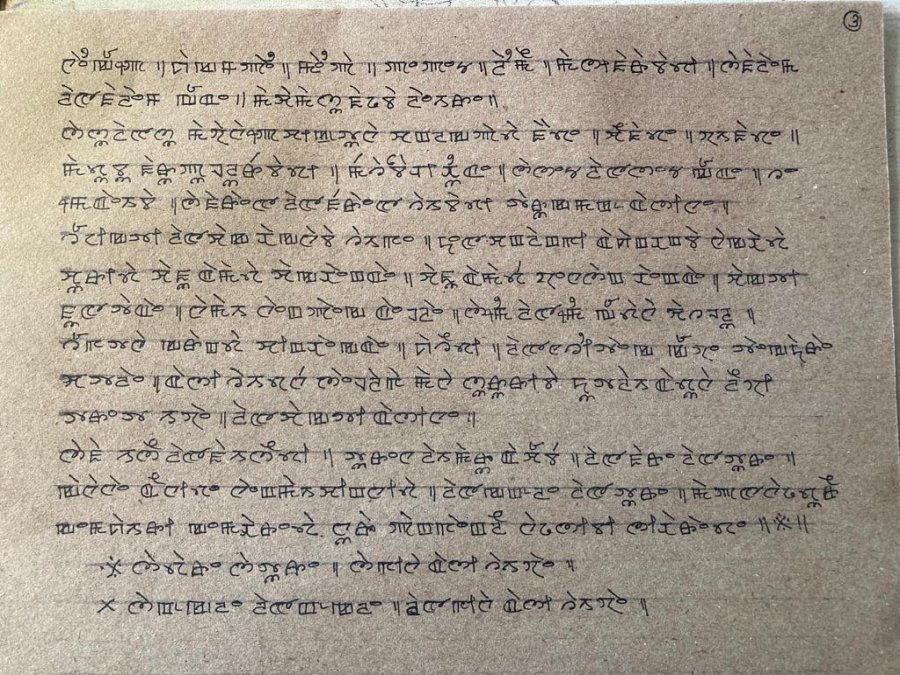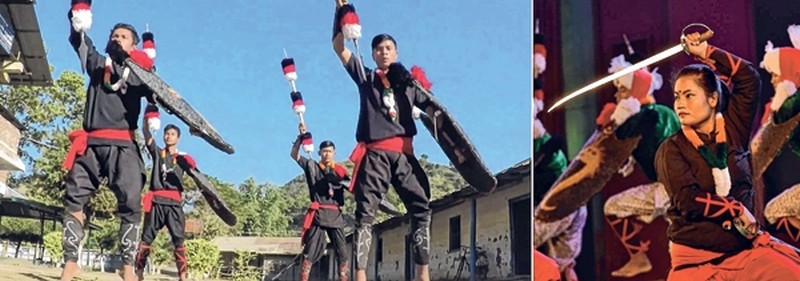Remarks on Battle Ethics in Thang-Ta
Khilton Nongmaithem / Dainis Jirgensons *



Full text of battle ethics 'Saturon Lantuton-Sapharon Lanpharon'
Provided by Kumudini Yaikhom , Imphal
Turel Laimaru Achouba,
Lan Phare Lan ture,
Kanano Einide- Nongmaichingnide,
Lankakle lanture....
Guidelines for ethical behavior on the battlefield exist in Manipur culture. Specific acts are prescribed, along with remedies if these are performed in the heat of battle.
Battle is accepted as a traumatic experience, and in this time period PTSD - post traumatic stress disorder - is regarded as a major problem for soldiers and civilians exposed to wartime trauma. This was recognized in ancient times in other civilizations also.
We would like to posit that the guidelines for battle behavior expounded in the ancient texts - Saturon Lan-turon and Sapharon Lan- pharon - present a way to deal with the effects of stress and heat of battle where it is not always possible to control events and emotions. The texts also deal with hunting animals and when not to kill or harm the beast.
The process of psychological preparation for battle starts long before the actual incident. The training of Thang-Ta involves some ritualistic undertakings the night before the conflict.
The ancient belief was that the outcome of the battle could be foretold through certain signs. Also the preparation instills an intuition of the propitious time to depart for the field. This is beyond the physical training every warrior goes through.

Thang-Ta :: Pix Courtey - TSE
After the battle, regardless of the outcome, the psychological effects must be dealt with. The ancients prescribed certain actions to perform that would relieve the mental stress. Not only the warrior, but his children and succeeding generations will be affected.
We see this today in that intergene-rational PTSD is being recognized. The most effective remedy would be performed by the warrior himself directly after the event.
If that is not done due to circumstances, then it should still be done at a later time, or if the mental effects are so debilitating that he cannot perform the exoneration himself, a trusted companion may do it for him. If no remedy is effected then debilitating afflictions like epilepsy, Par- kinson's, are believed to be possible.
Here is an example: 'If an animal or foe cackles, roars or shouts while being felled, this is called "Safalom Lalfalom". Pay offerings in the name of the dead. Otherwise the descendants shall suffer from epilepsy, birth defects or blindness.'
When the fighting ends, the battle is not over. The psychological effects can last for generations, if not properly treated. In former times spirits were appeased. Today we are in the hands of clinical psychiatrists.
Aknowledgement : The battle ethics manuscript (Saturon Lanturon and Sapharon Lanpharon) was first translated to English in 1993 by Lokendra Arambam PhD, along with Late Ojah Devabrata Sinam with guidance by Late Pandit Ningthoukhongjam Khelchandra.
* Khilton Nongmaithem / Dainis Jirgensons wrote this article for The Sangai Express
This article was webcasted on February 16 2023.
* Comments posted by users in this discussion thread and other parts of this site are opinions of the individuals posting them (whose user ID is displayed alongside) and not the views of e-pao.net. We strongly recommend that users exercise responsibility, sensitivity and caution over language while writing your opinions which will be seen and read by other users. Please read a complete Guideline on using comments on this website.







